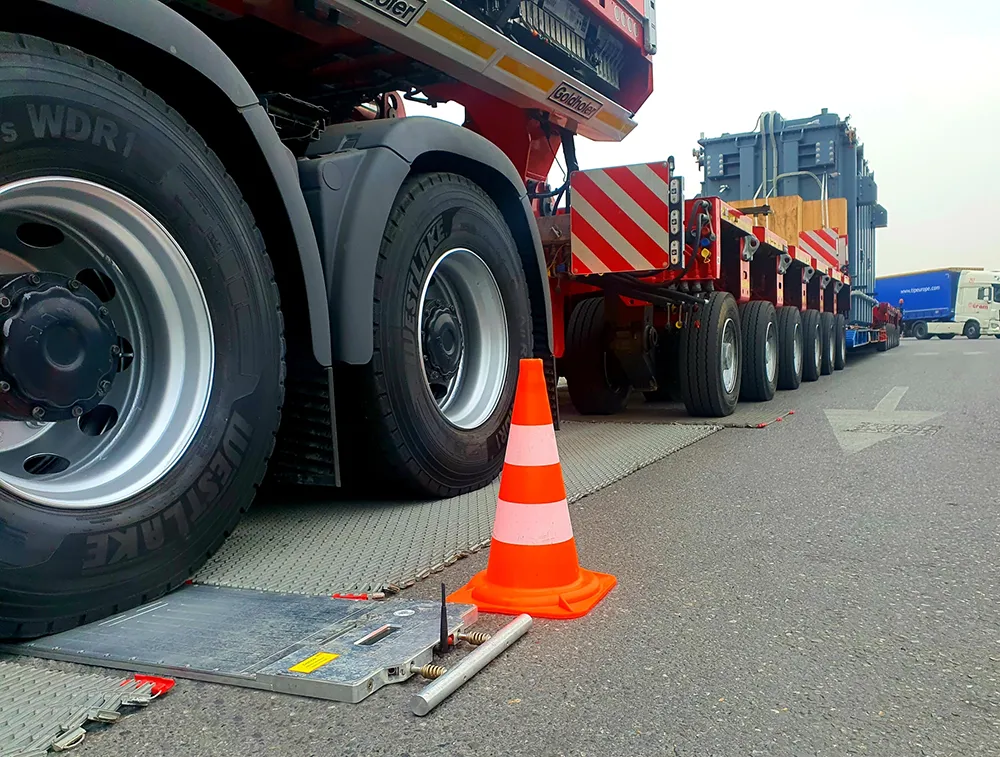The Hyperloop One XP-1, the company’s first-generation pod, accelerated for 300 metres and glided above the track using magnetic levitation before braking and coming to a gradual stop.
All components of the system were successfully tested, including the highly efficient electric motor, advanced controls and power electronics, custom magnetic levitation and guidance, pod suspension and vacuum system.
With Hyperloop One, passengers and cargo are loaded into a pod, which accelerates gradually via electric propulsion through a low-pressure tube. The pod quickly lifts above the track using magnetic levitation and glides at airline speeds for long distances due to ultra-low aerodynamic drag.
Hyperloop One completes inaugural test run
Hyperloop One successfully completed its second phase of testing, achieving 192 mph and travelling almost the full distance of the 500-metre DevLoop track in the Nevada desert, in a tube depressurised down to the equivalent of air at 200,000 feet above sea level. The Hyperloop One XP-1, the company’s first-generation pod, accelerated for 300 metres and glided above the track using magnetic levitation before braking and coming to a gradual stop.
August 7, 2017
Read time: 1 min








